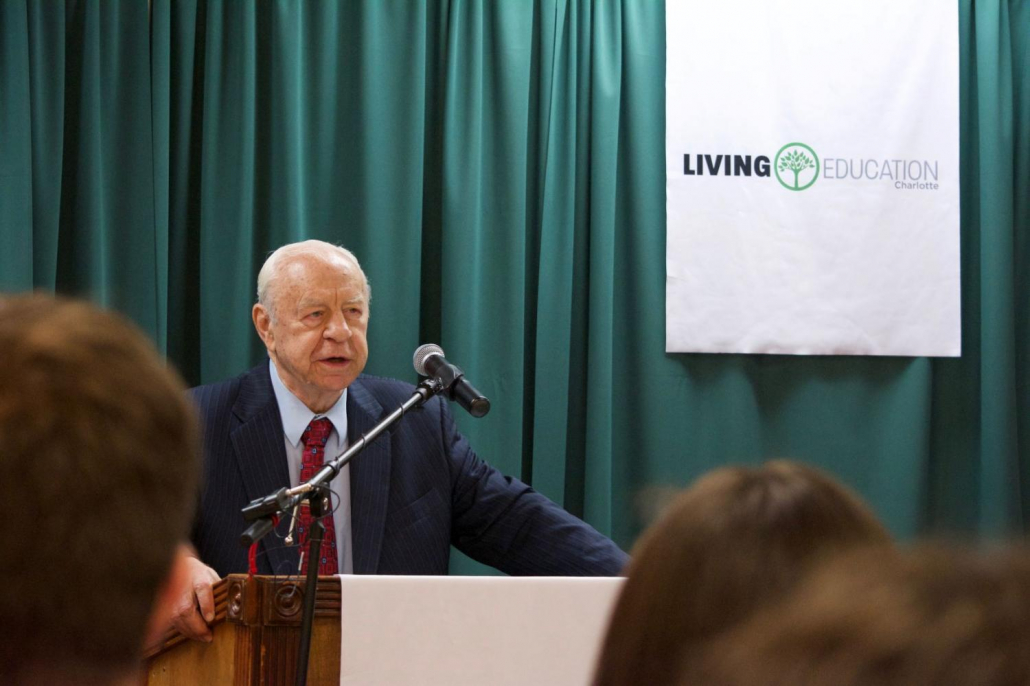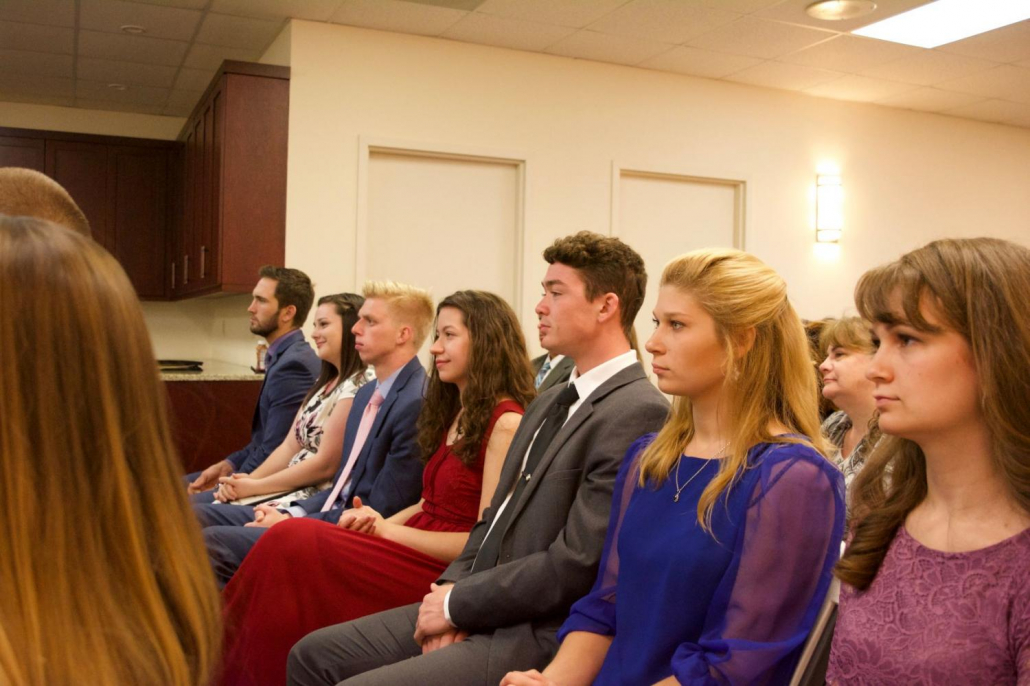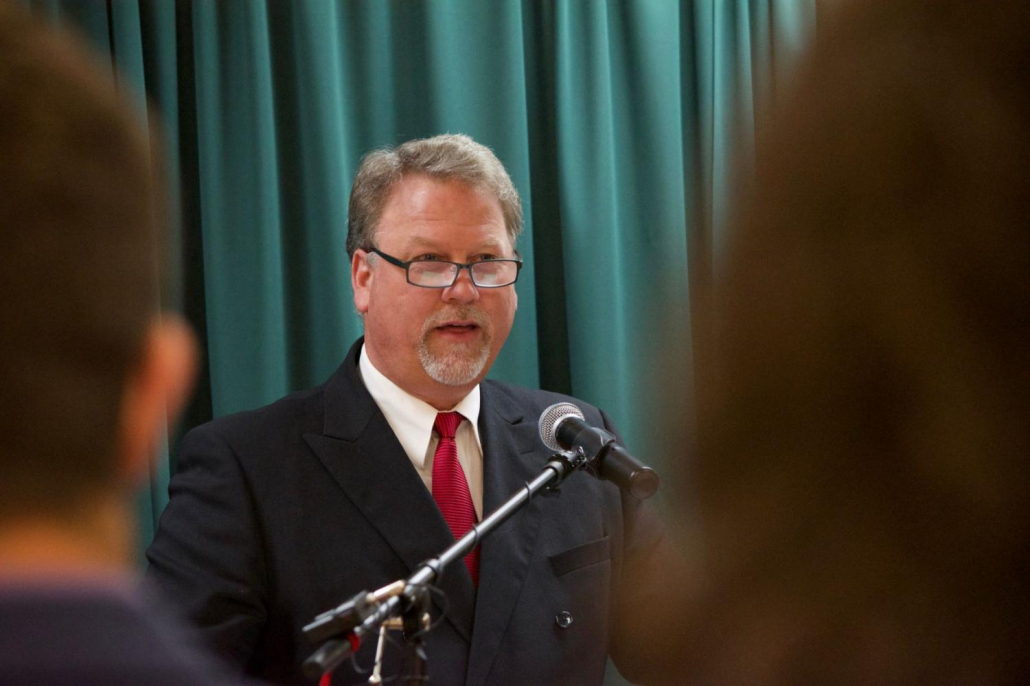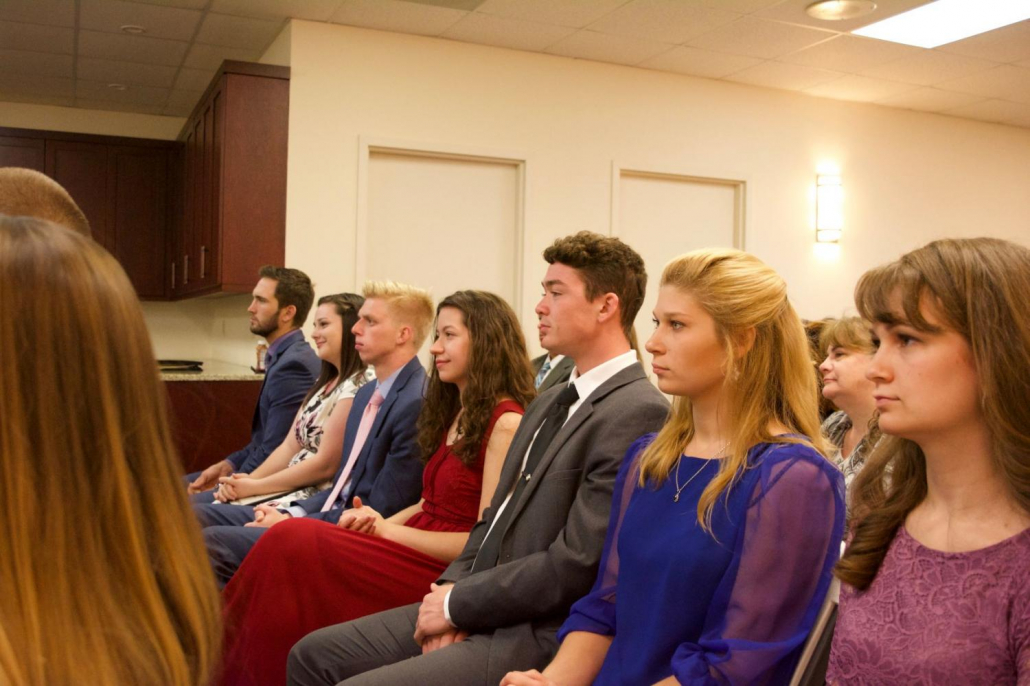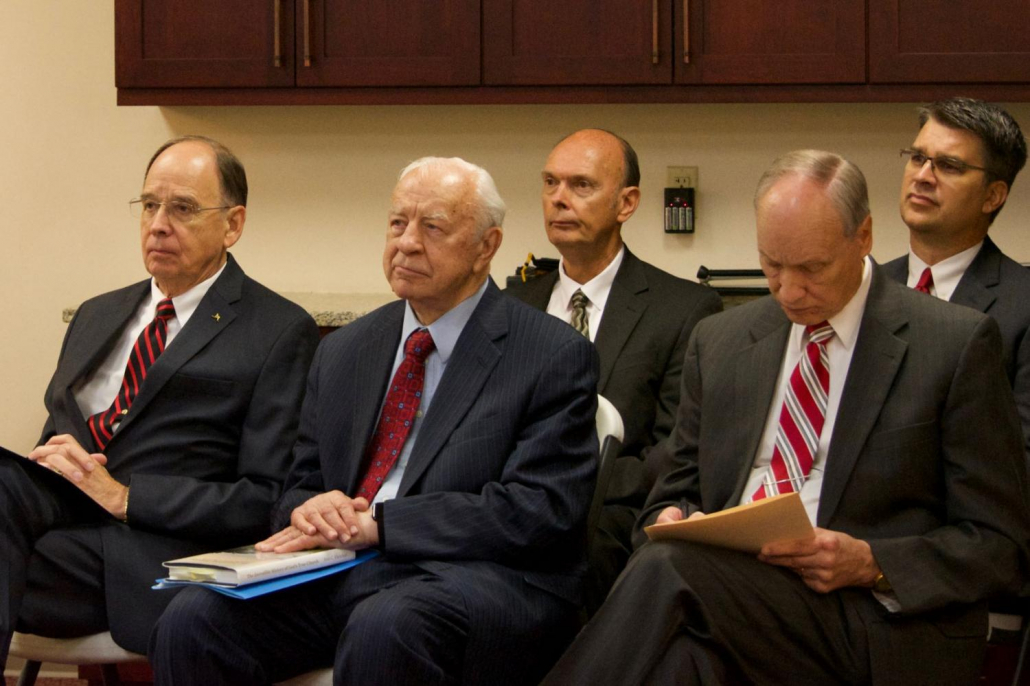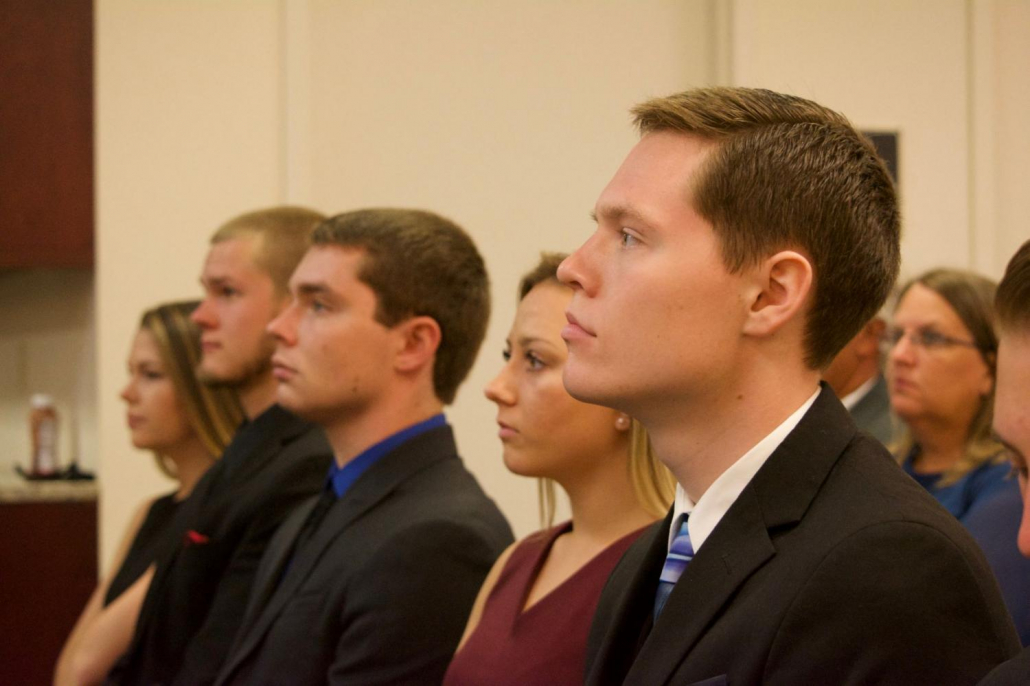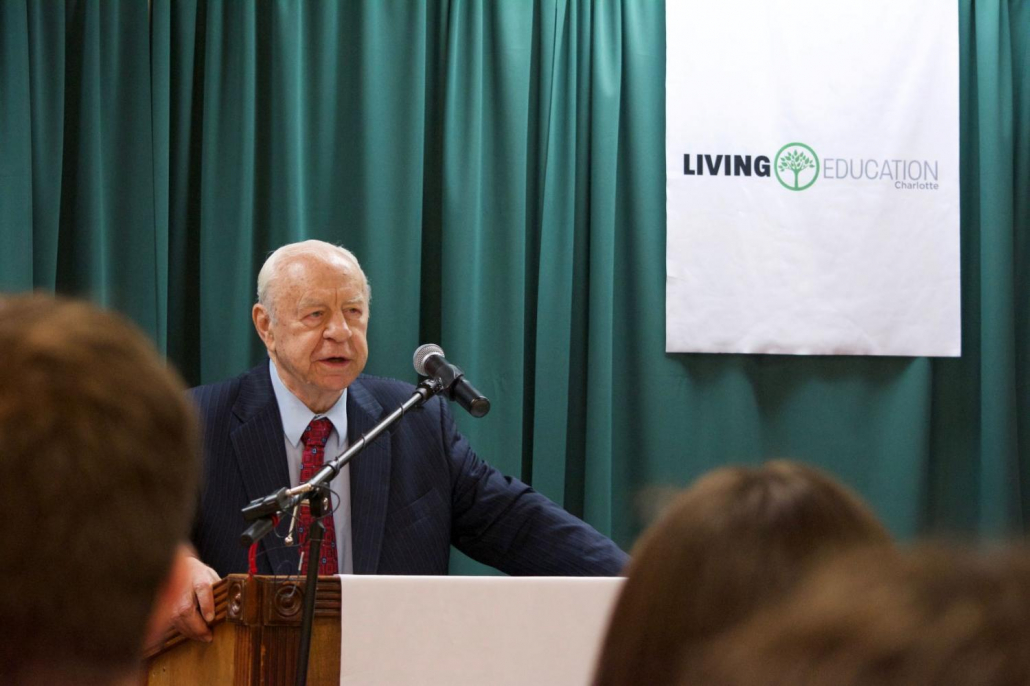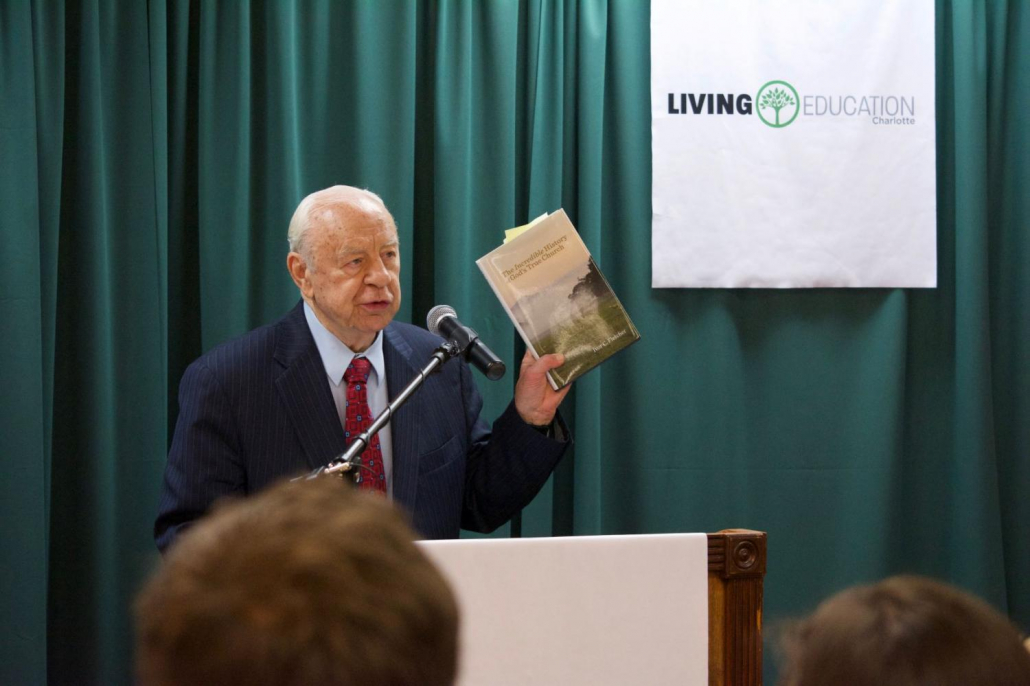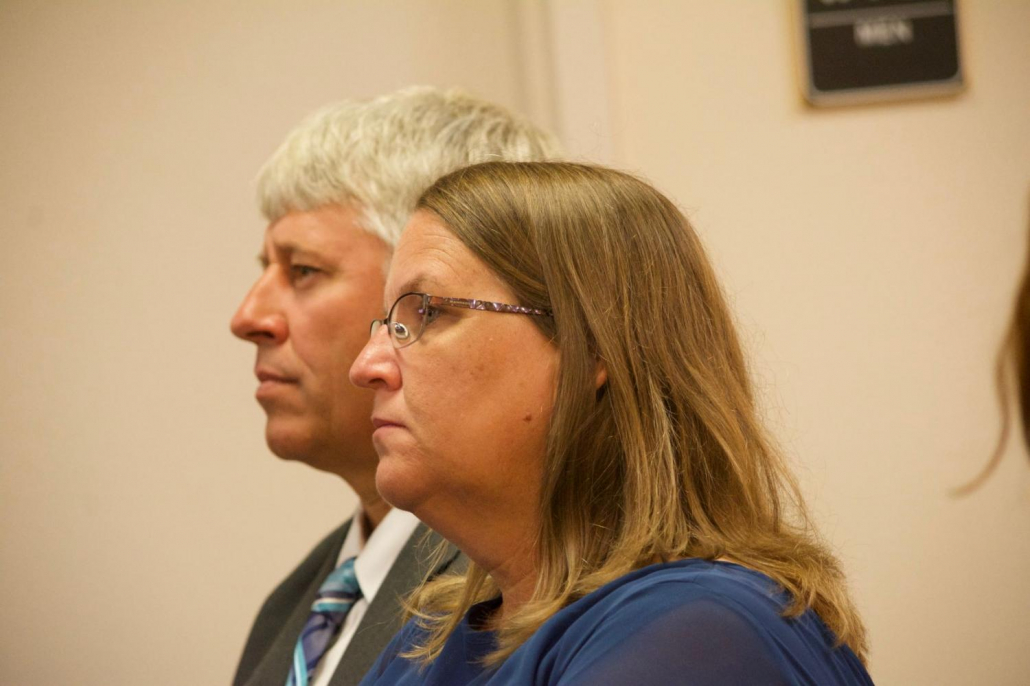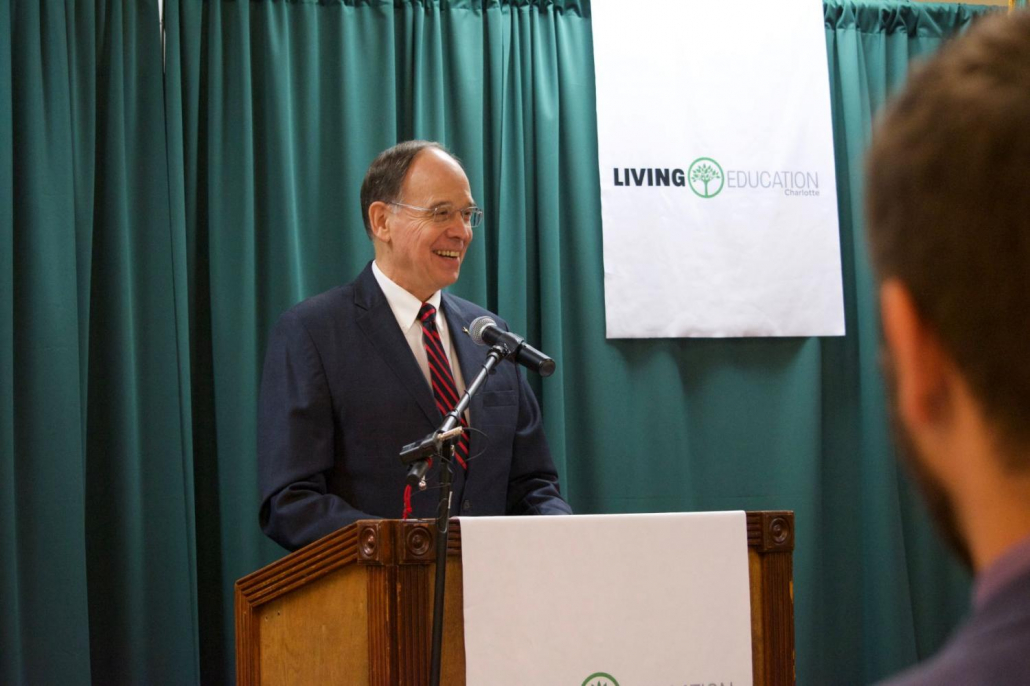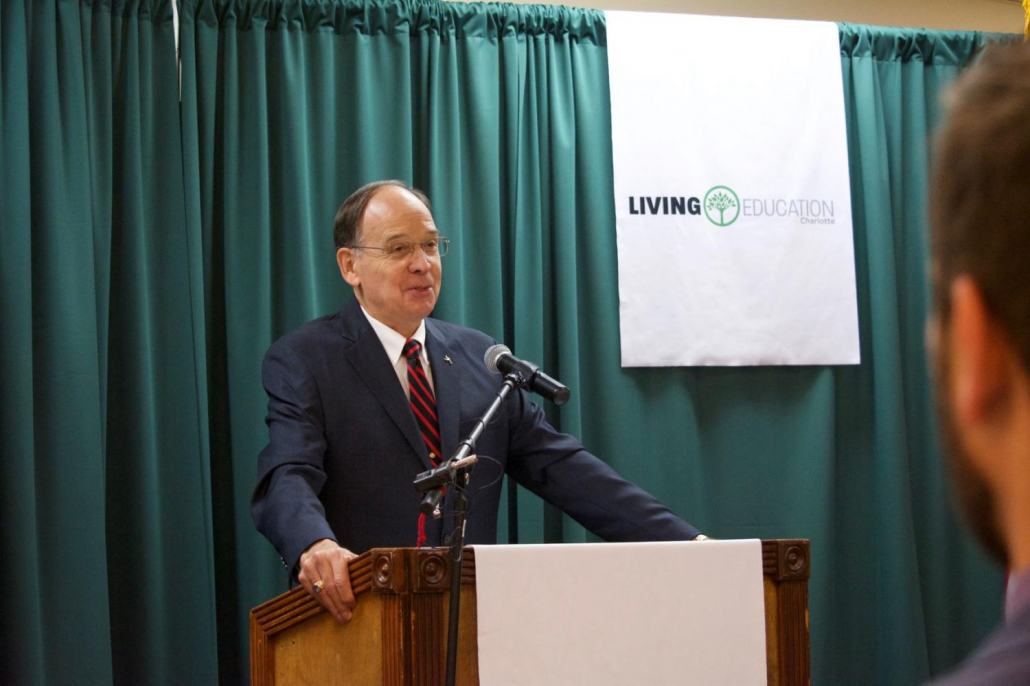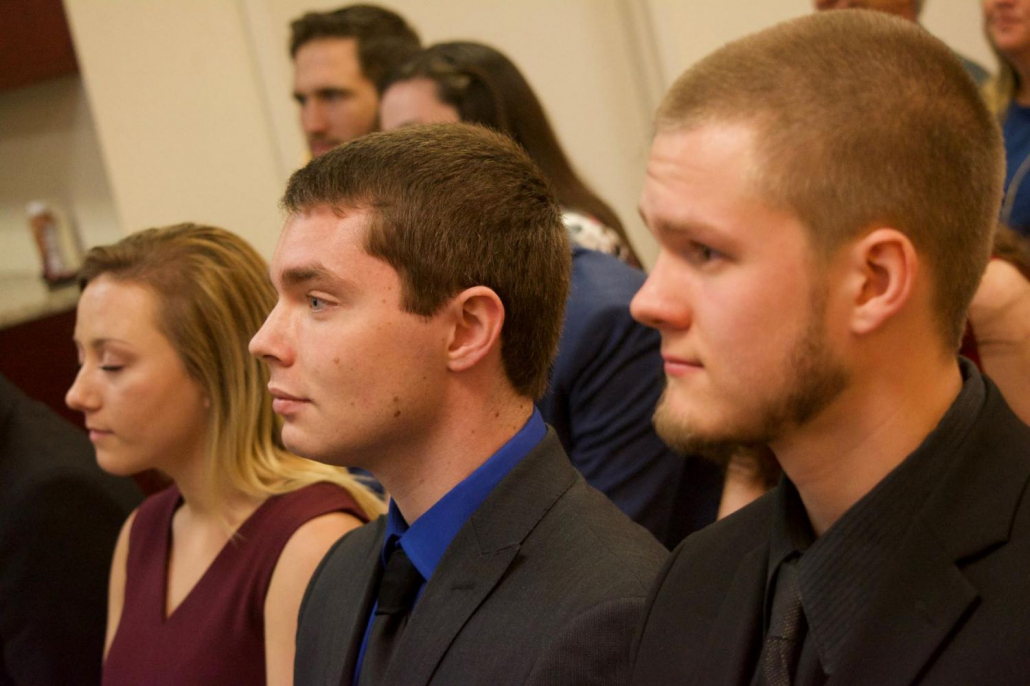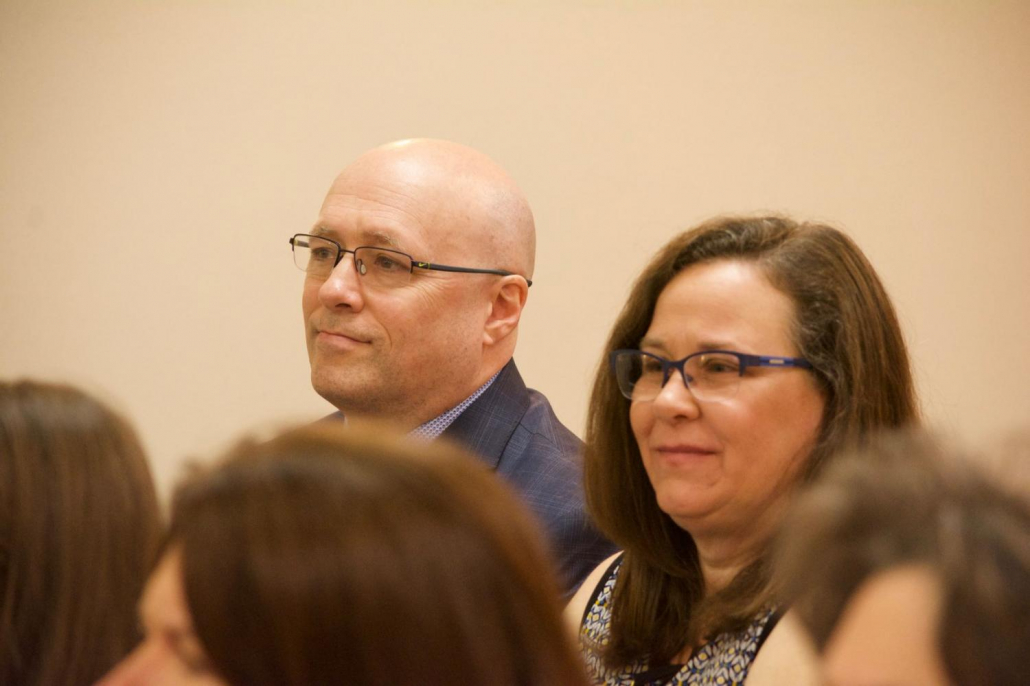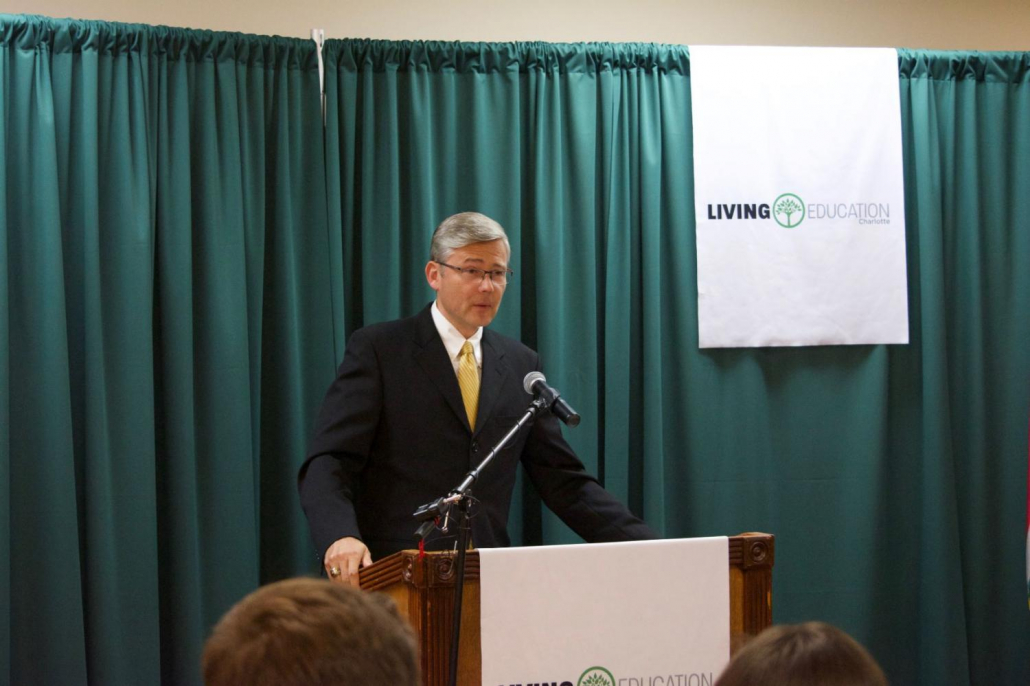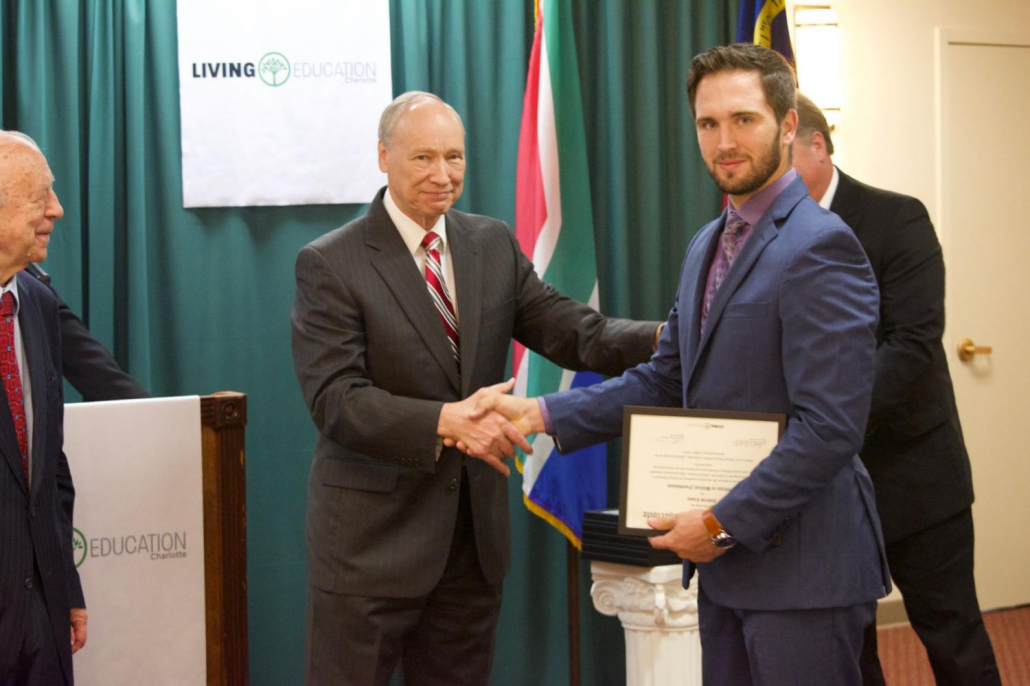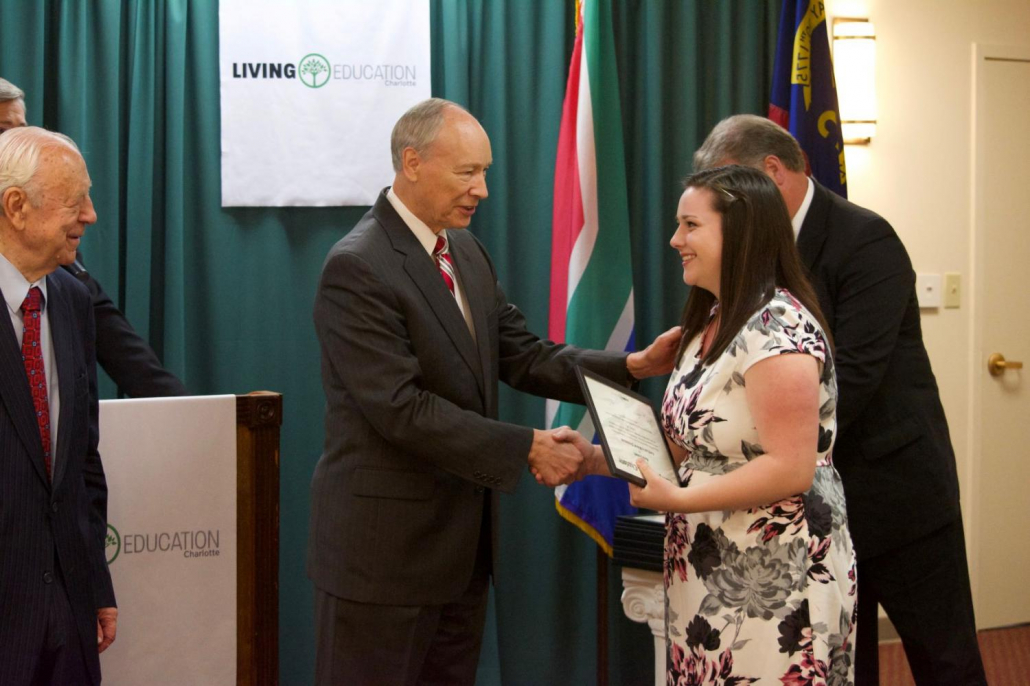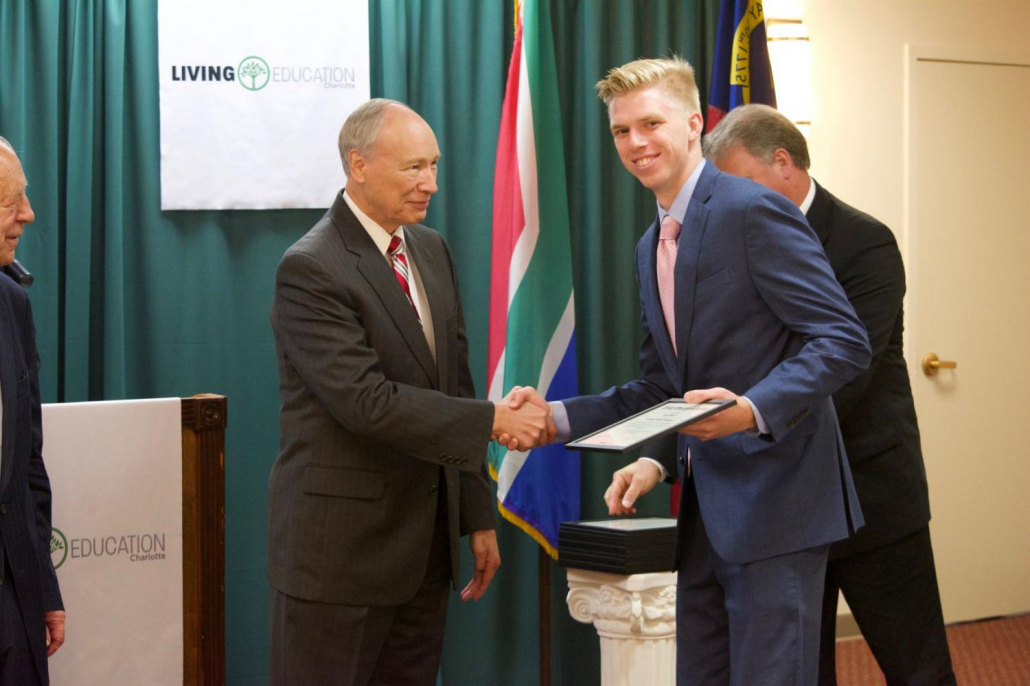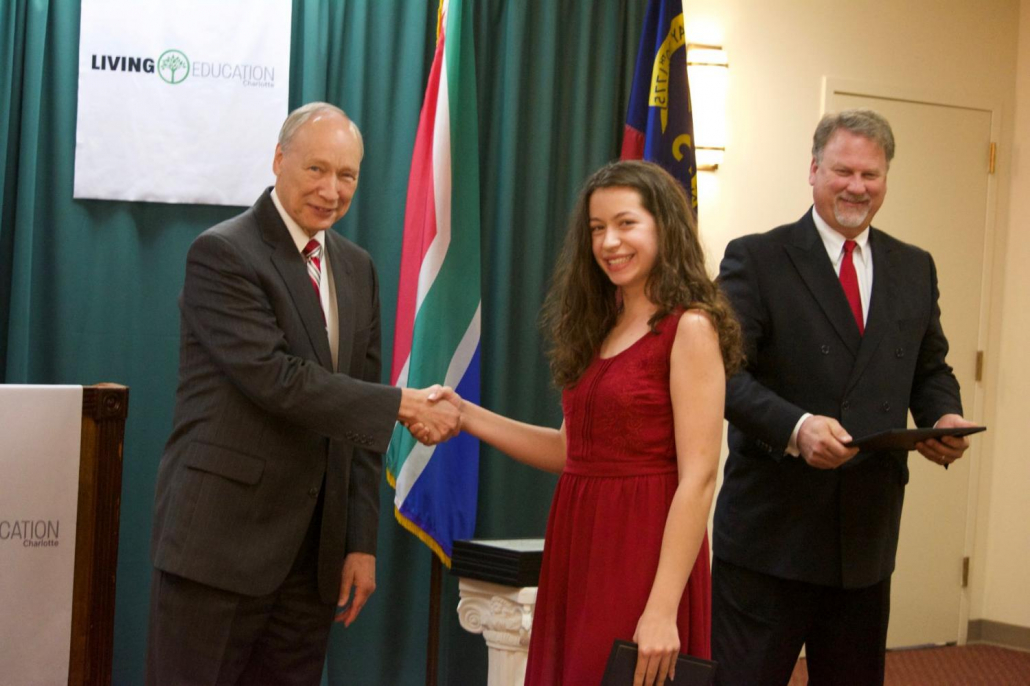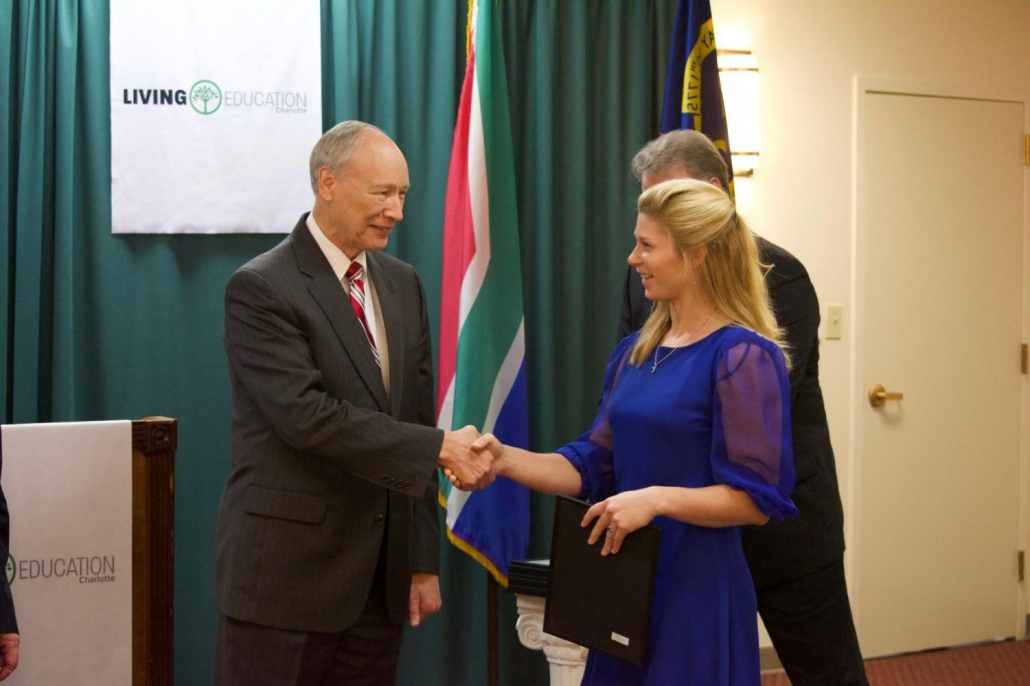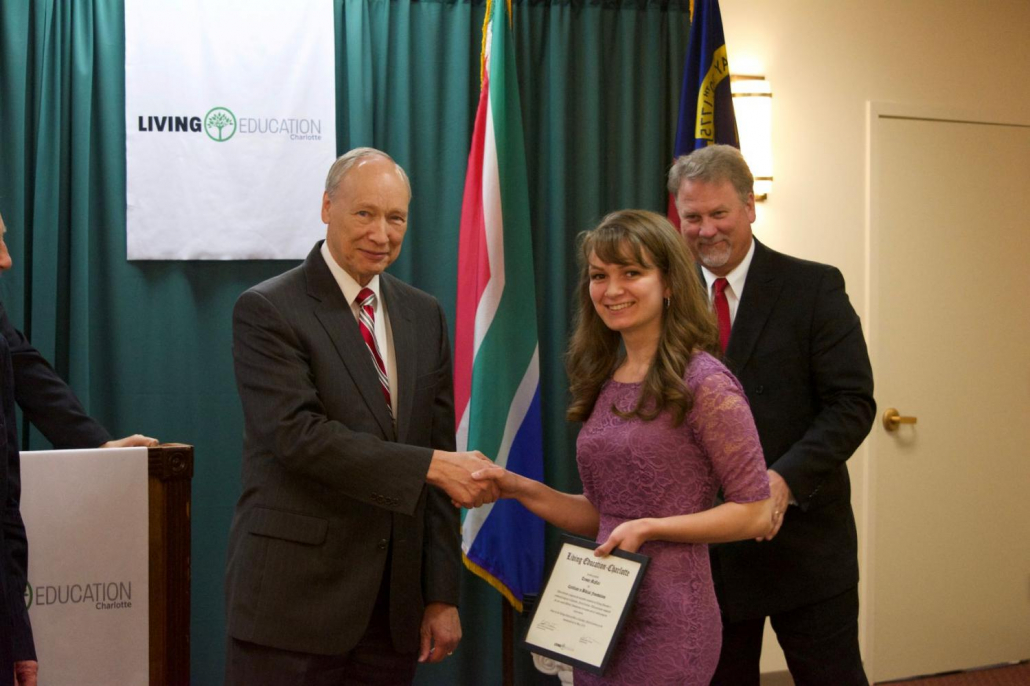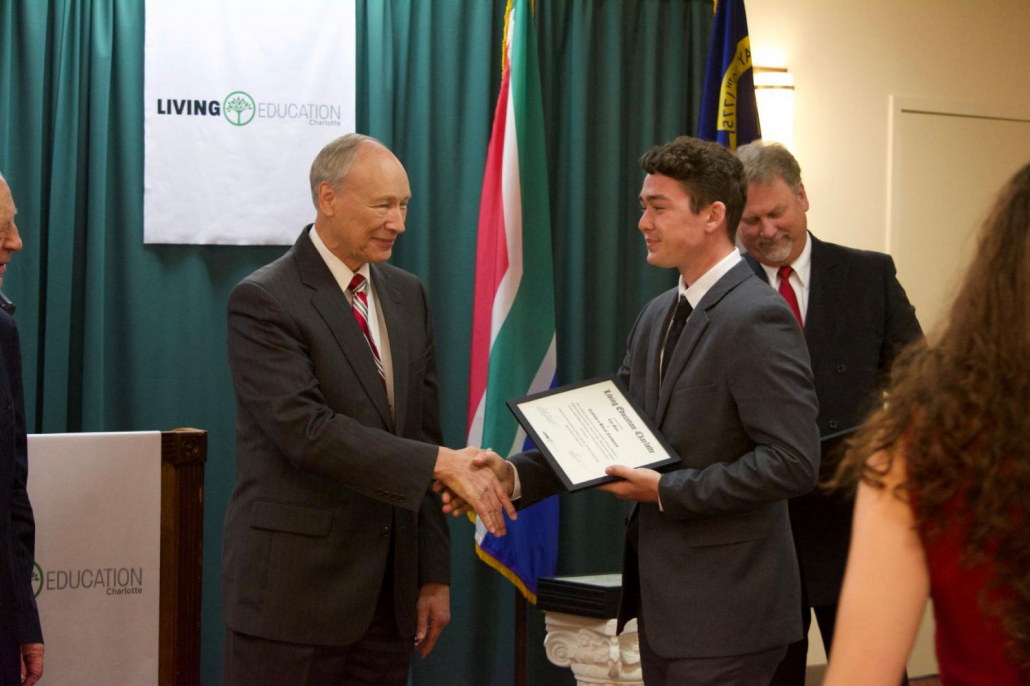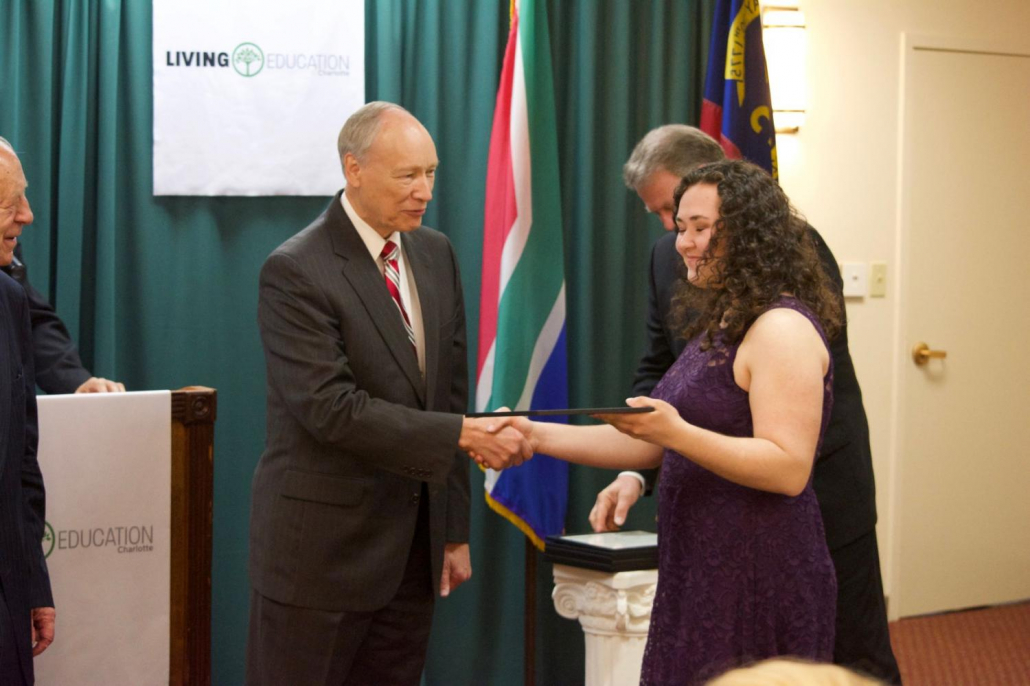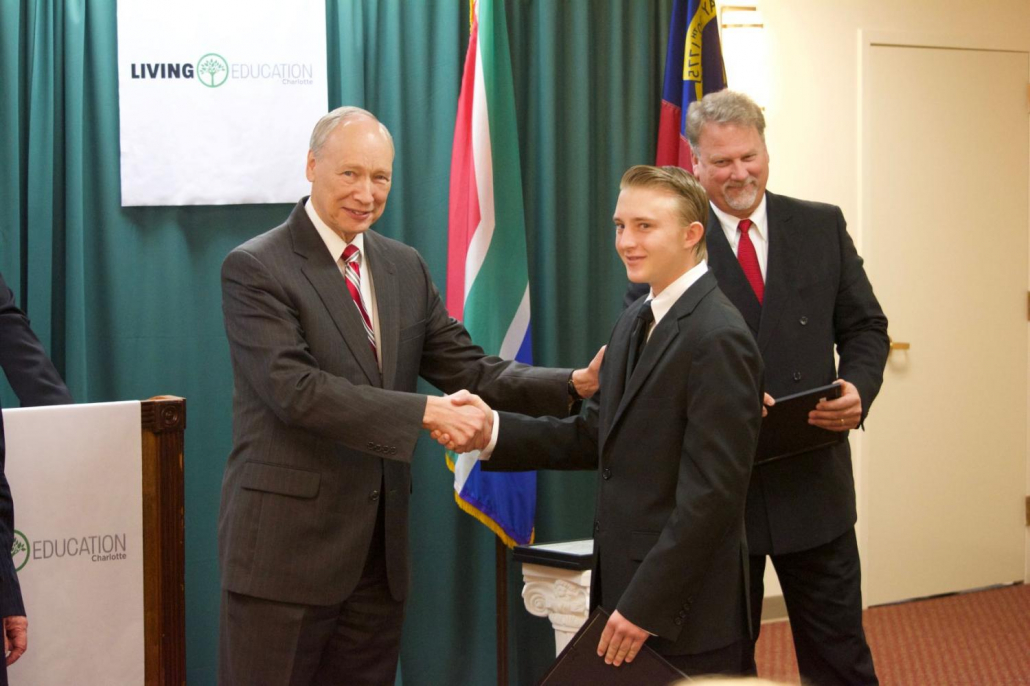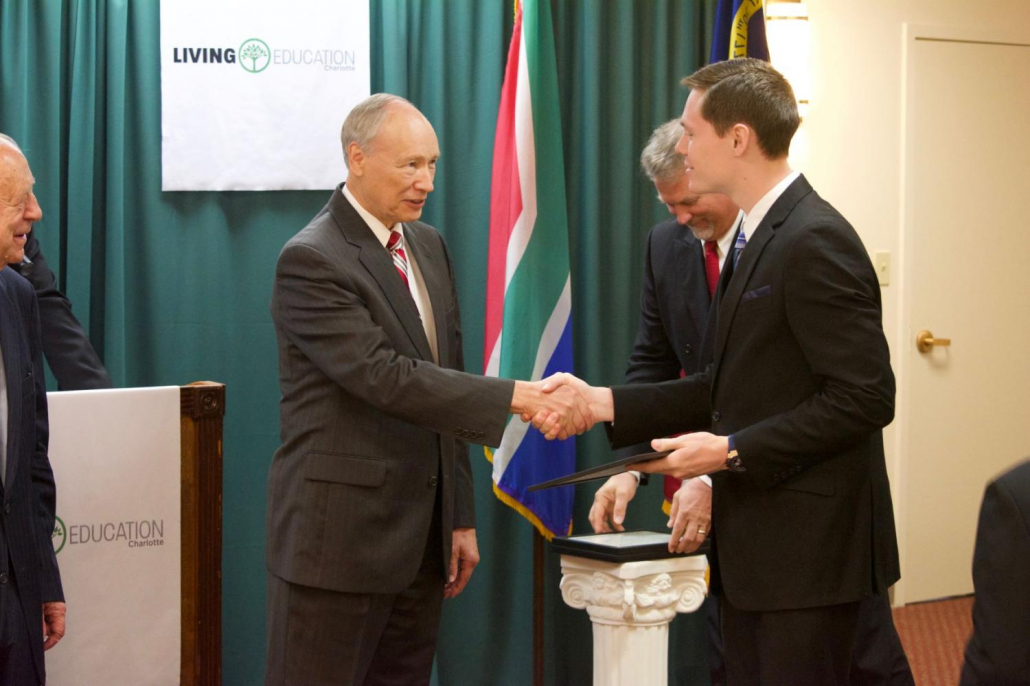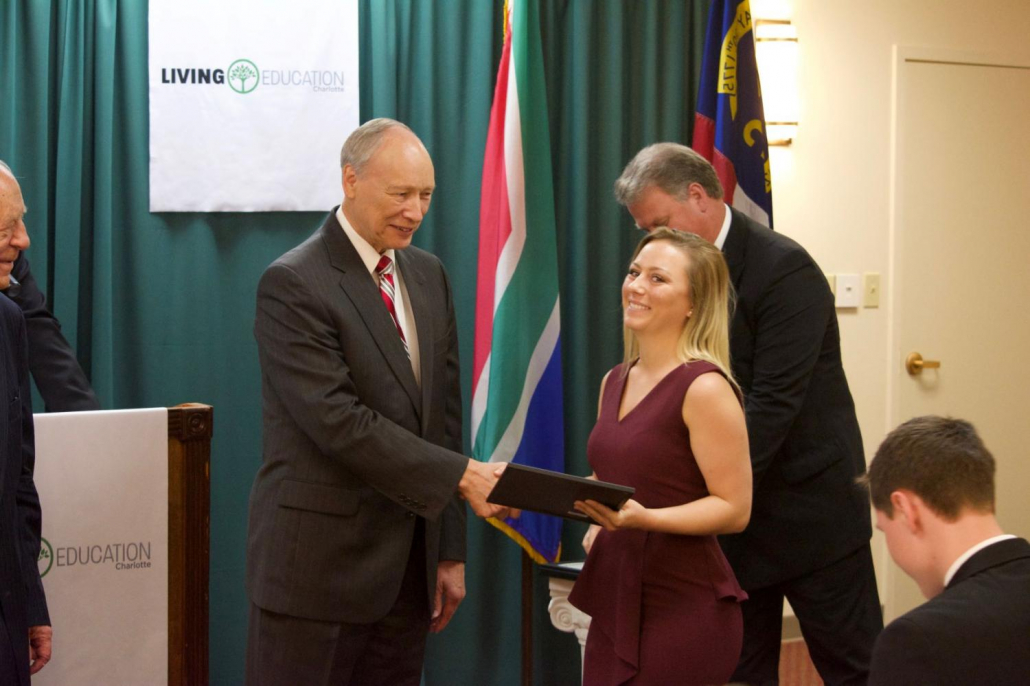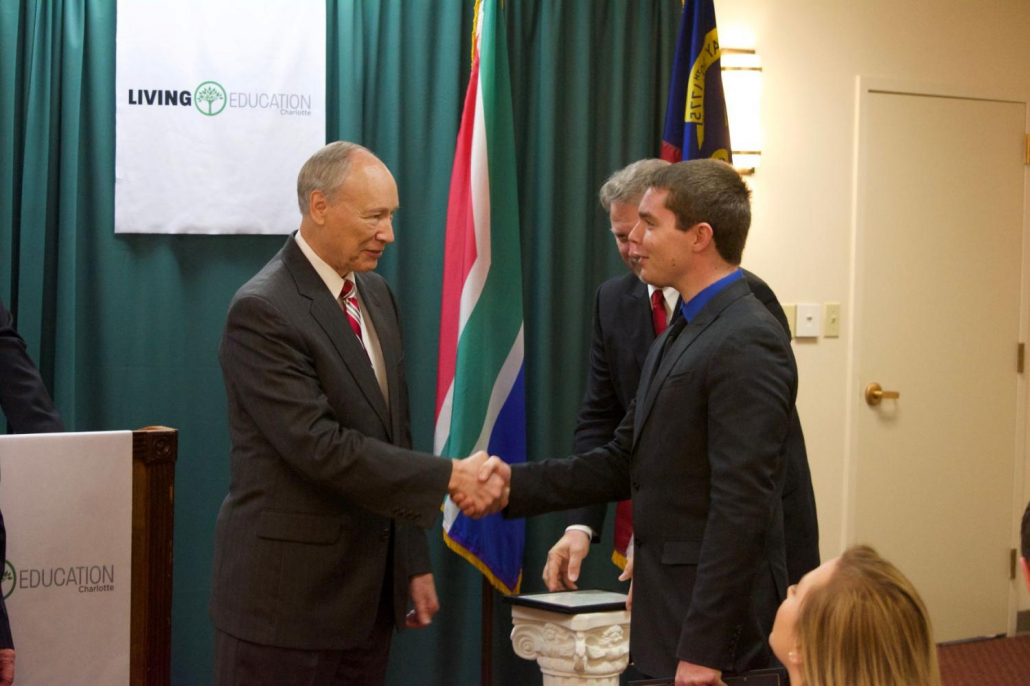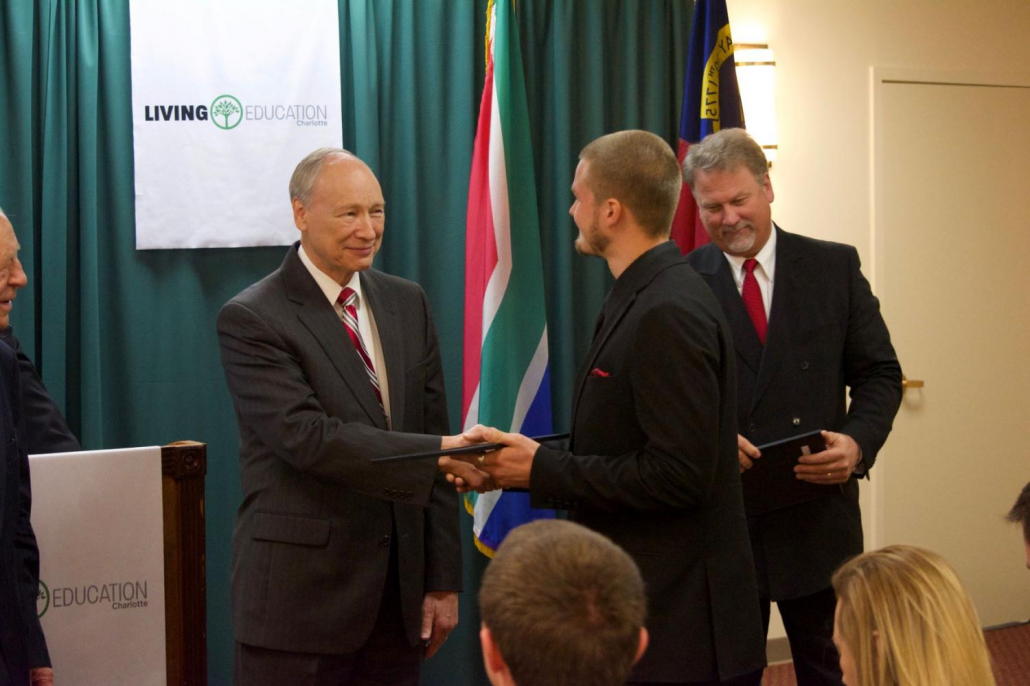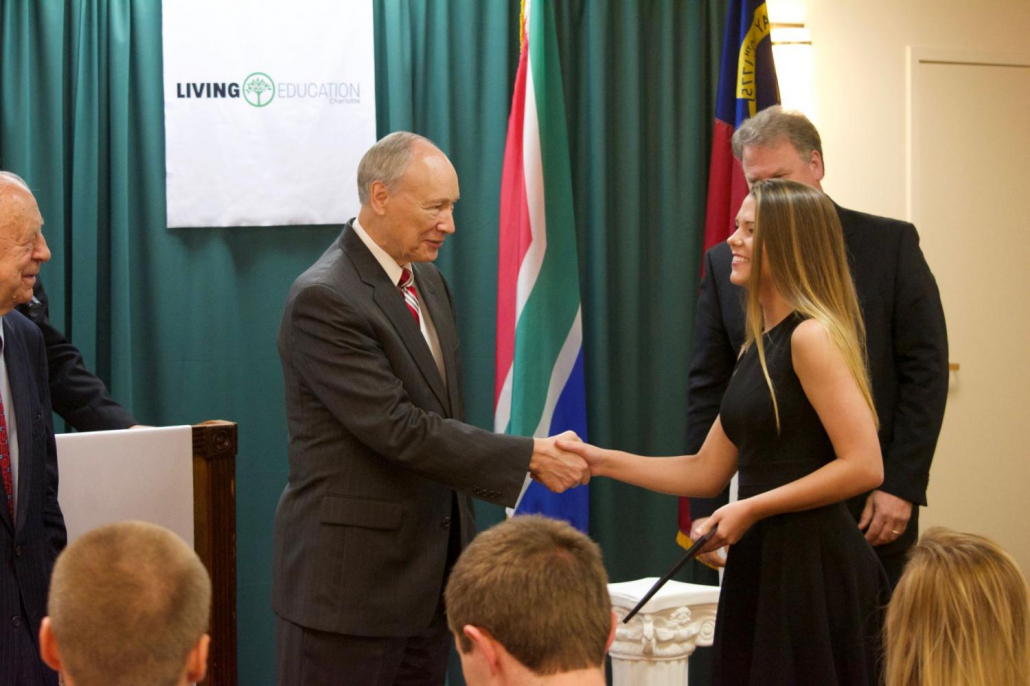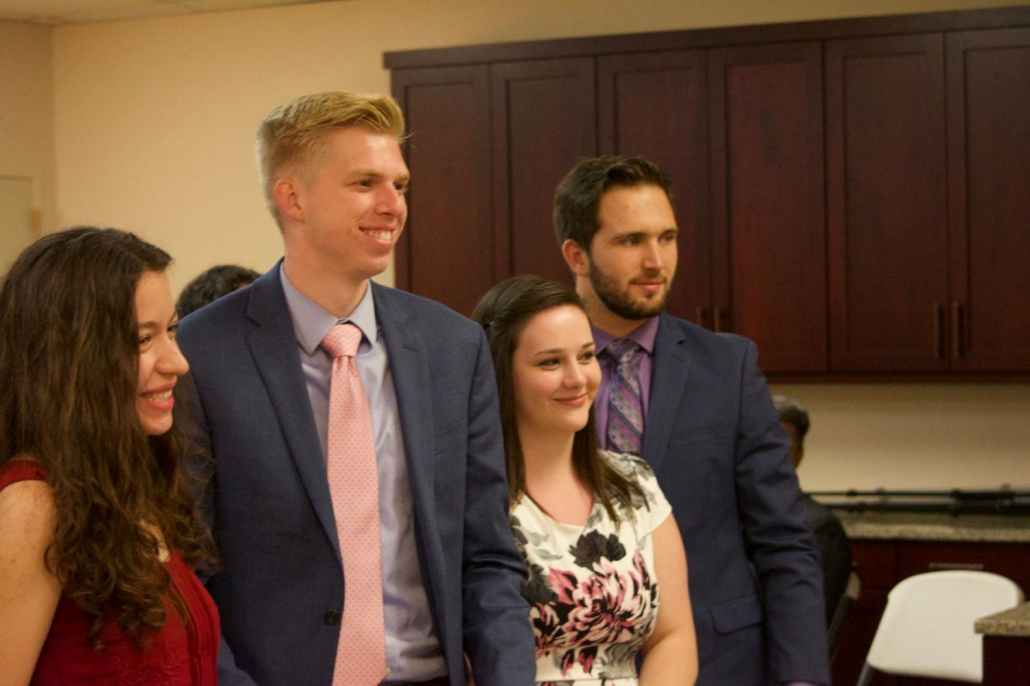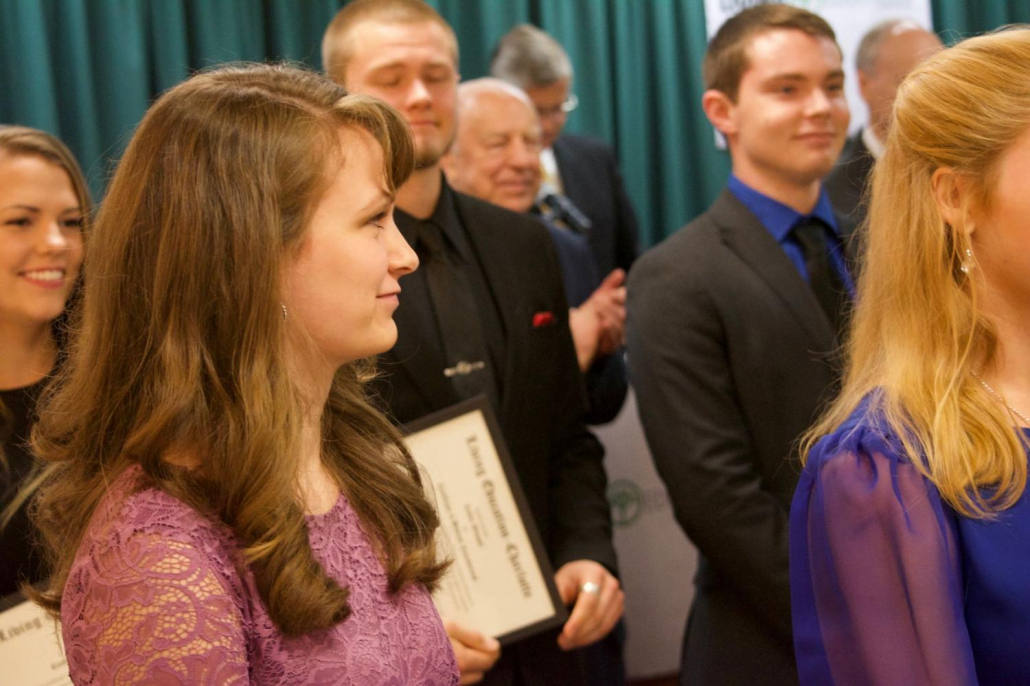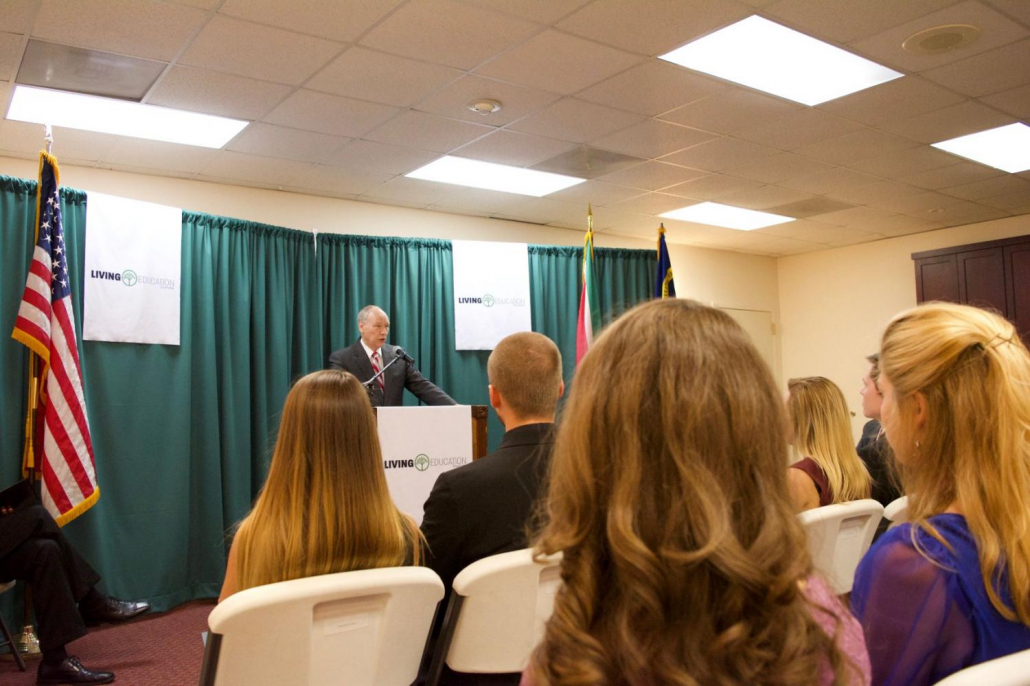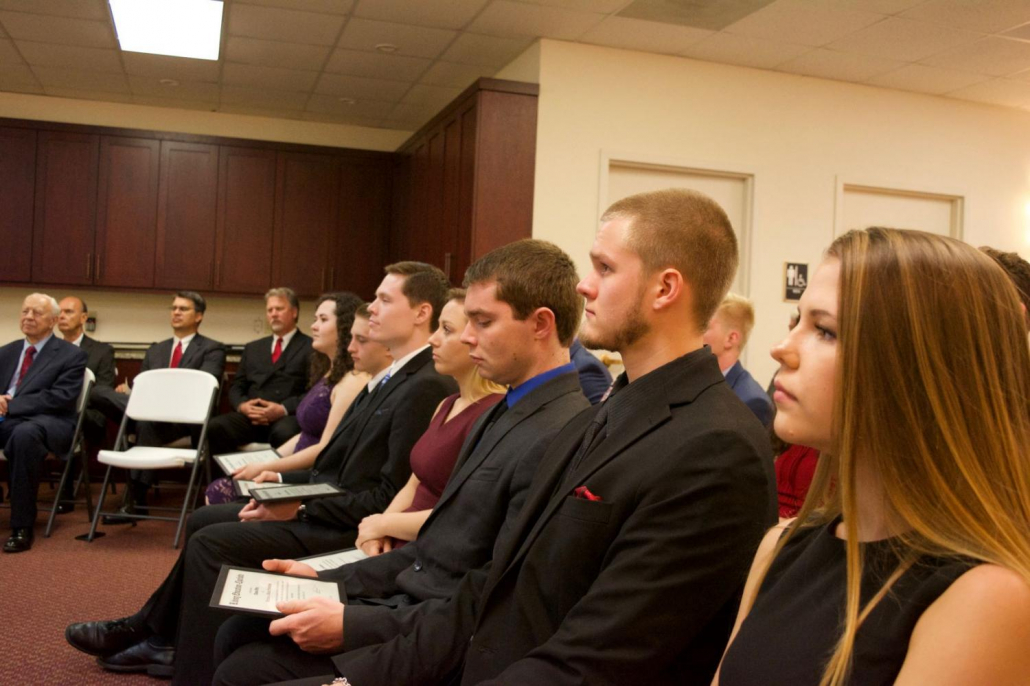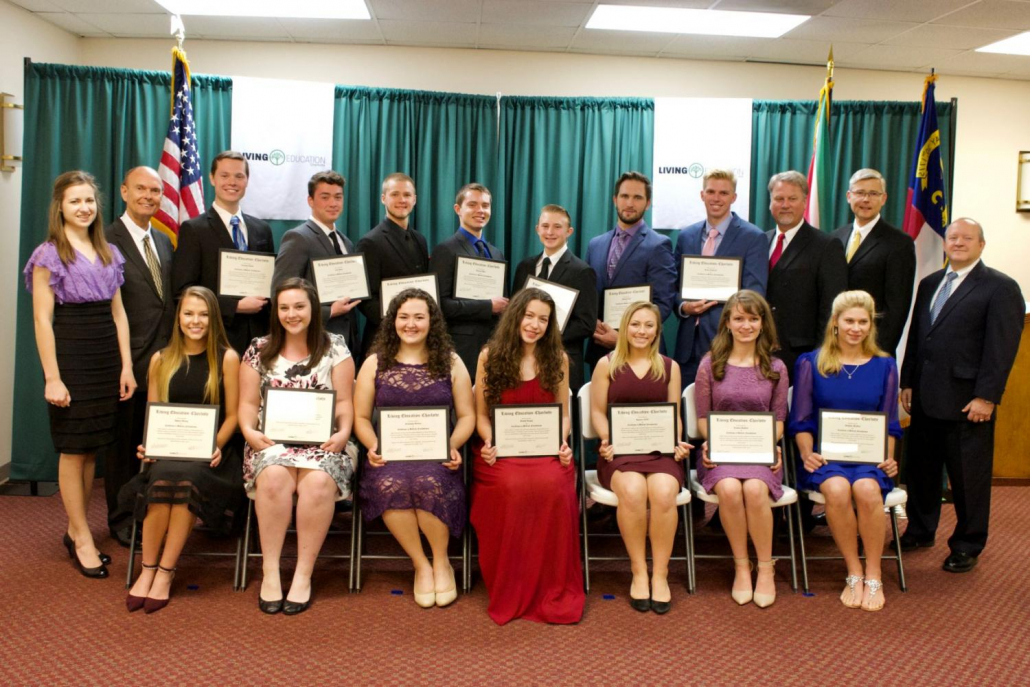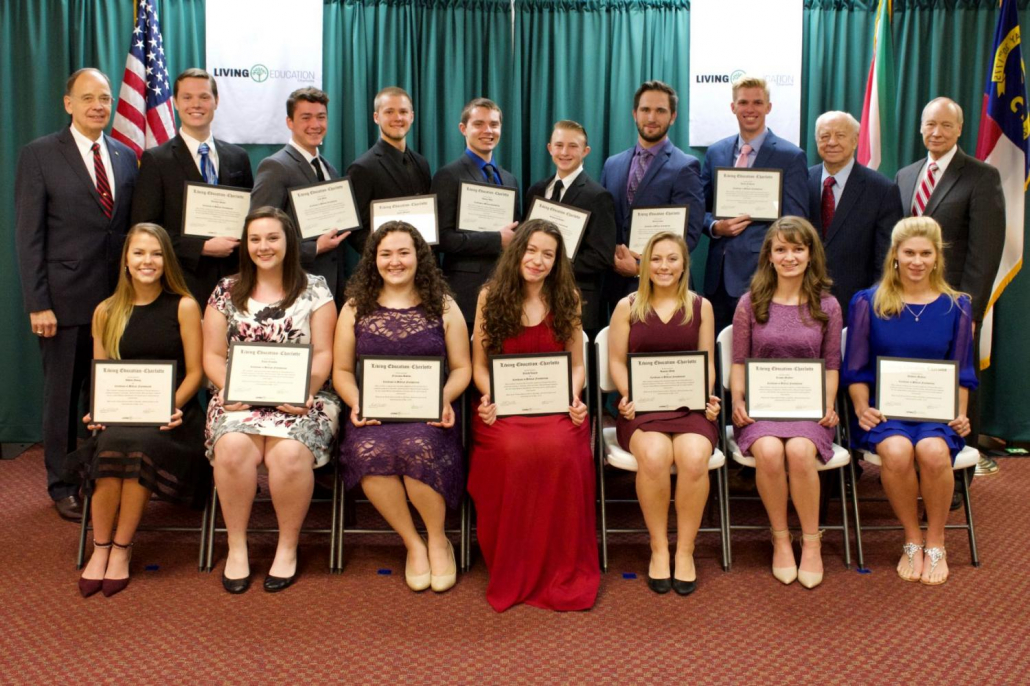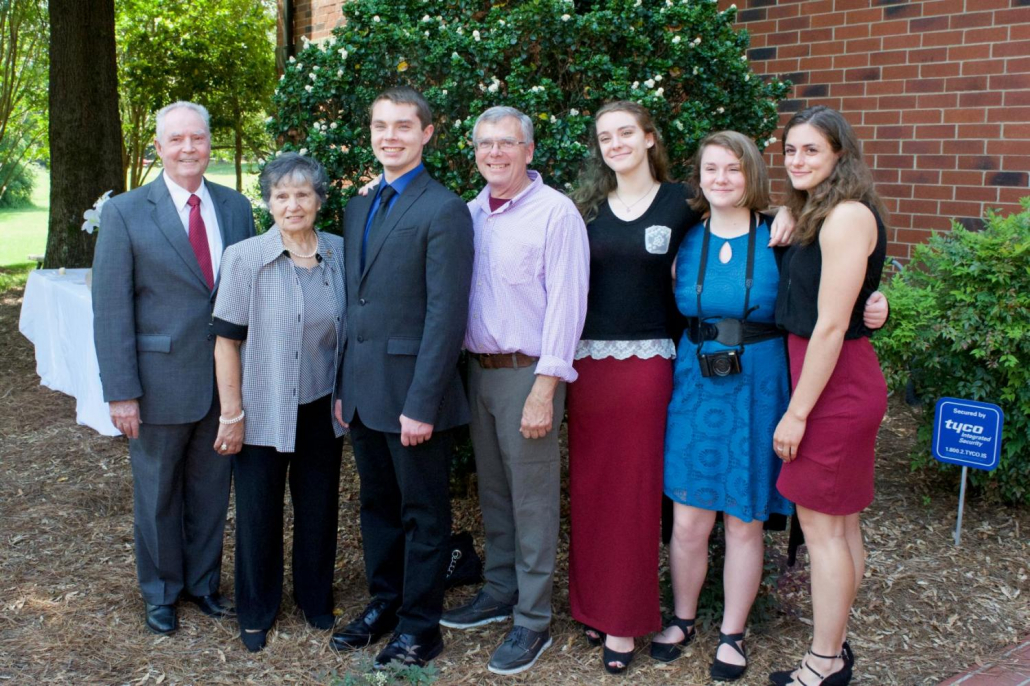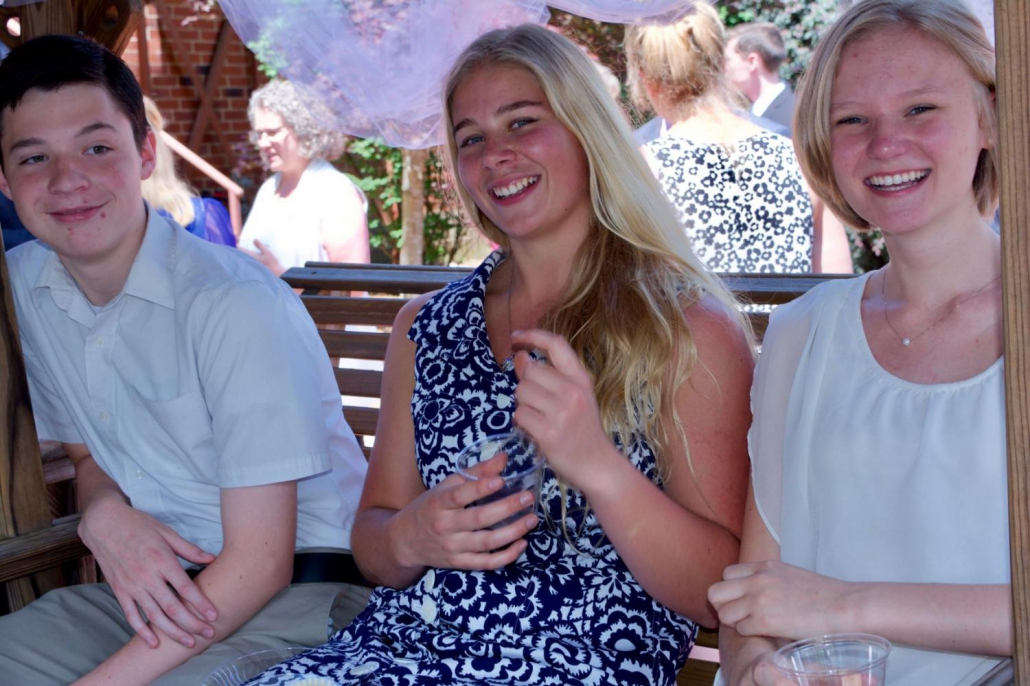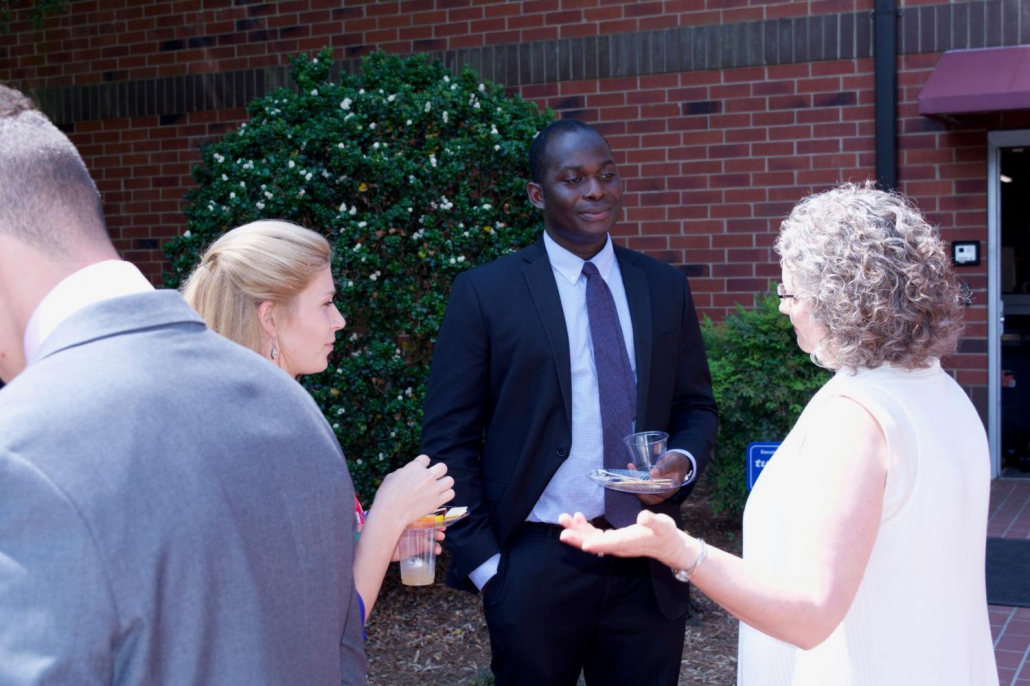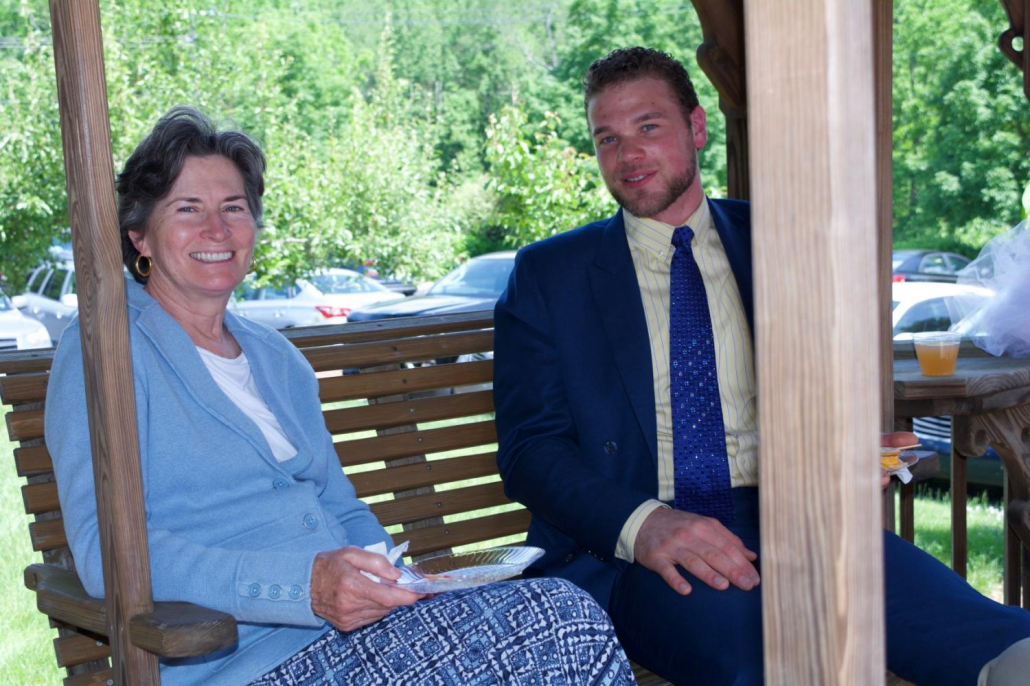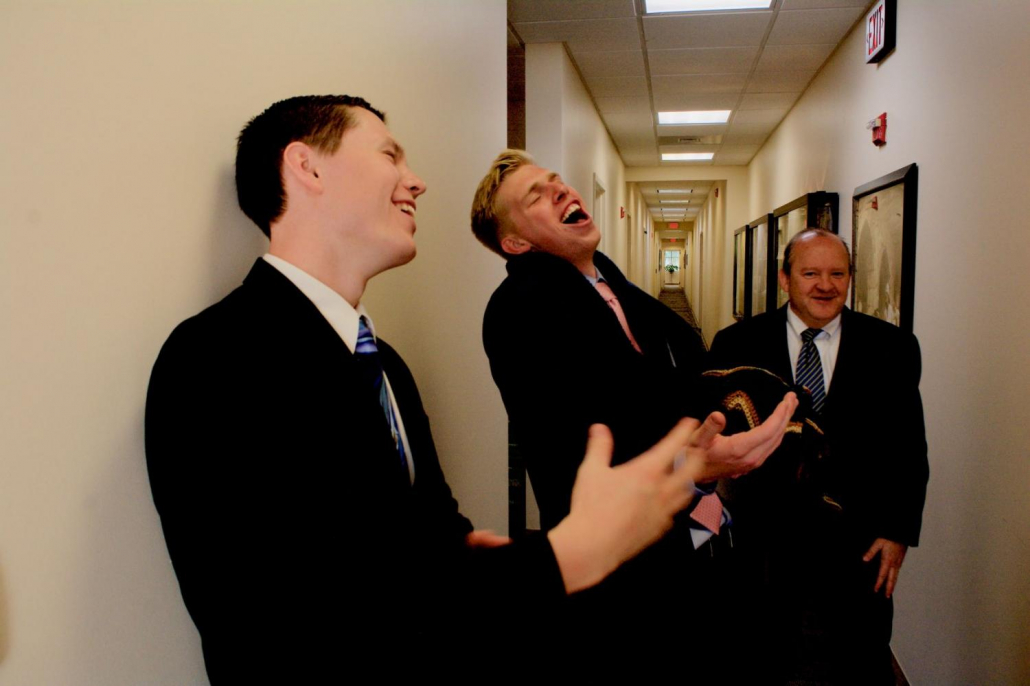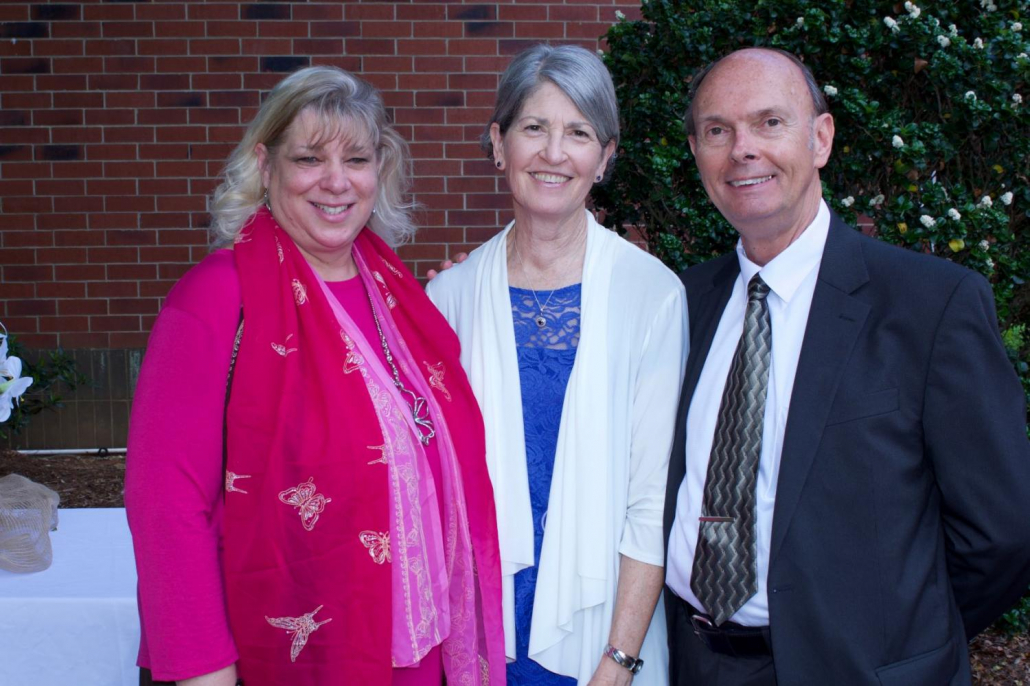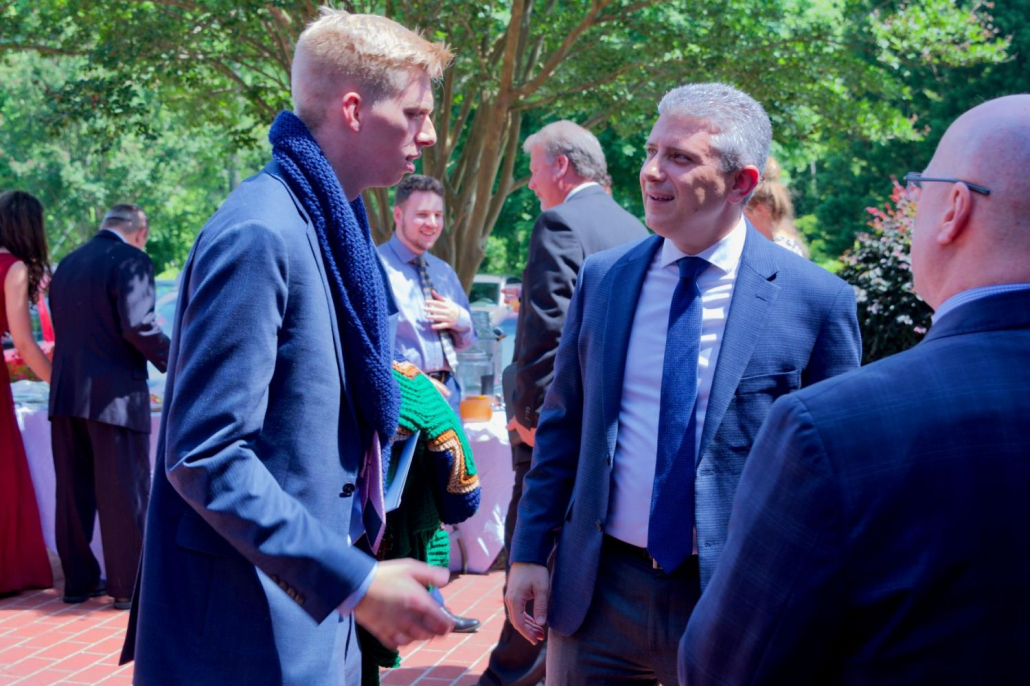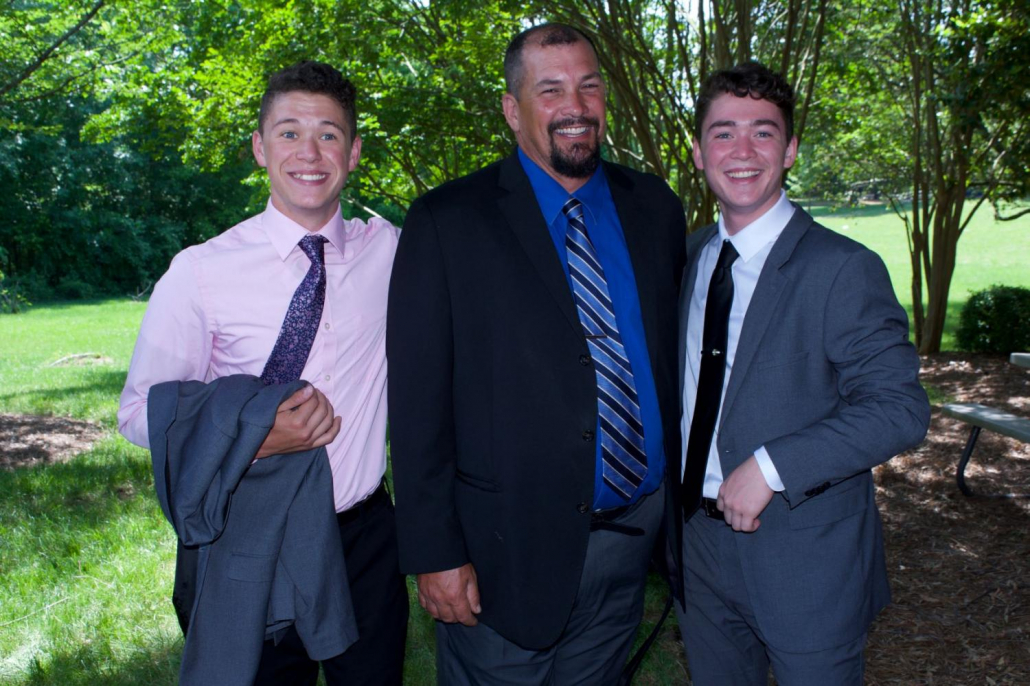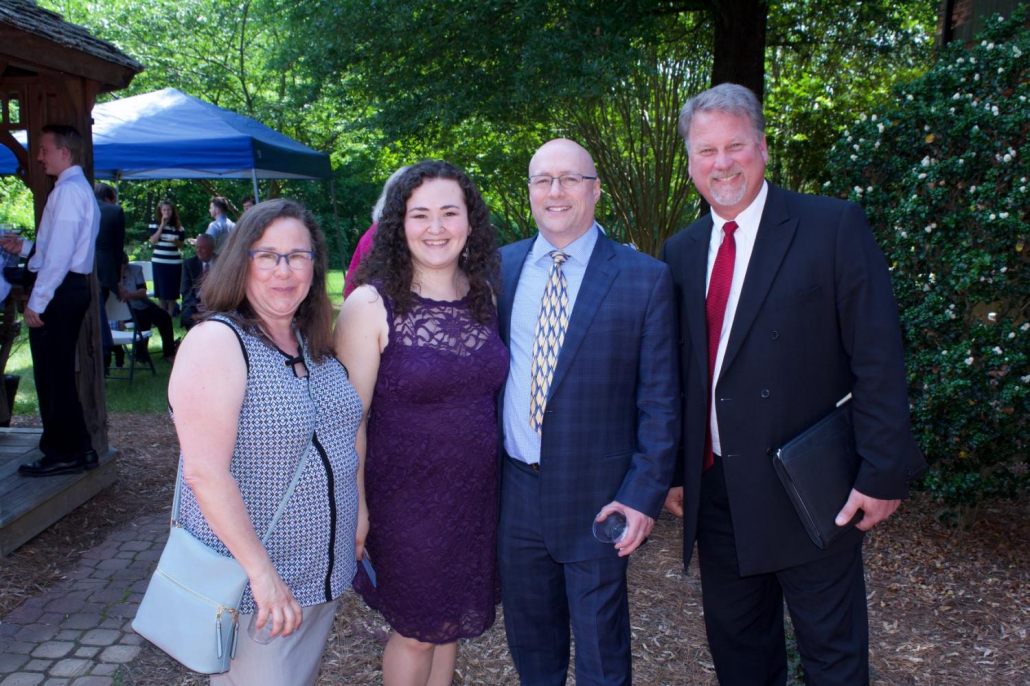Second Thoughts: Editing in Love
Author: Thomas White | Editorial Dept., Living Church of God
At the start of Living Education’s second academic year, Mr. Wallace Smith, the Living Church of God’s Executive Editor, spoke about… well, editing…
…and he probably could have spoken for far longer, because there’s a lot more to editing than most people think.
Only the good garbage
As he emphatically said, it’s more than fixing typos, just as getting ready for a formal event is more than slapping on deodorant. There’s copyediting, line editing, layout editing, editing for consistency, editing for style, editing for technical correctness—and all of this is done for written works that are already good. If they weren’t, they wouldn’t be getting published in the first place.
Working in the Editorial department I’ve noticed an encouraging thing—all the good stuff, even the great stuff, needed changes before it could be published. Quite a few changes, actually. Any experienced writer will tell you something along the lines of “The first draft of anything is garbage,” and while that’s not literally true, it’s certainly true in comparison to the final draft.
And spiritually speaking, that’s us, when you think about it.
God’s people are being edited
As God’s people, we’re all—hopefully—undergoing some seriously extensive edits, because we are not even close to publishable at this point. Carrying the analogy perhaps a bit too far, our spiritual commas are everywhere they shouldn’t be, we can’t keep our moral tenses straight, we’re capitalizing priorities that should never be capitalized, and we keep using passive voice where God demands active voice. God’s Holy Spirit is our editor, and it has a lot of work to do, because by Editorial standards, every one of us is a hot mess.
But that doesn’t mean we’re worthless.
Mr. Smith brought out that it’s the editors’ job to serve the writers, because the content of a publishable article is going to be, at its core, good. The goal is to help the articles be the best versions of themselves, not make them completely different. In essence, if an article is good, it gets edited. Sort of like how “whom the Lord loves He corrects, just as a father the son in whom he delights” (Proverbs 3:12). If we’re genuinely trying to follow Him, God’s not trying to completely erase our every semblance of individuality or uniqueness; He’s just trying to revise us, because He knows that with some rewrites, with some tweaking and fact-checking and improved consistency, we’re going to eventually be publishable into His Family. He knows that the content is solid, the potential is there.
…there’s no shame in being edited, since every created work needs editing
Taking correction like an edit
Personally, I need to remember this in moments of both taking and giving correction. When someone points out something about me that should probably be altered—of which there are so many—do I take it as a personal attack, or as an edit?

This sort of mindset removes pride from the equation; there’s no shame in being edited, since every created work needs editing. And when I give correction, do I give it in the form of an edit, or an insult? “This writing is bad and you should feel bad,” comes from a completely different source than “I think this could be worded more effectively,” and all too often, the correction we give one another can sound more like the former.
God thinks we’re publishable
In the end, God thinks you and I are publishable, and He thinks the people we really struggle to appreciate are publishable, too. He’s editing us in love, not to remove all we currently are, but to improve it. Who are we to try to edit each other, or ourselves, in any other way?
Image credit: unsplash-logo
Rachel
Thomas White was one of the onsite Living Education students for the 2018-2019 semesters. He also has a Bachelor’s Degree in English. Thomas currently works as an Editorial Assistant for the Living Church of God. According to his wife, he eats pizza in entirely the wrong way.

